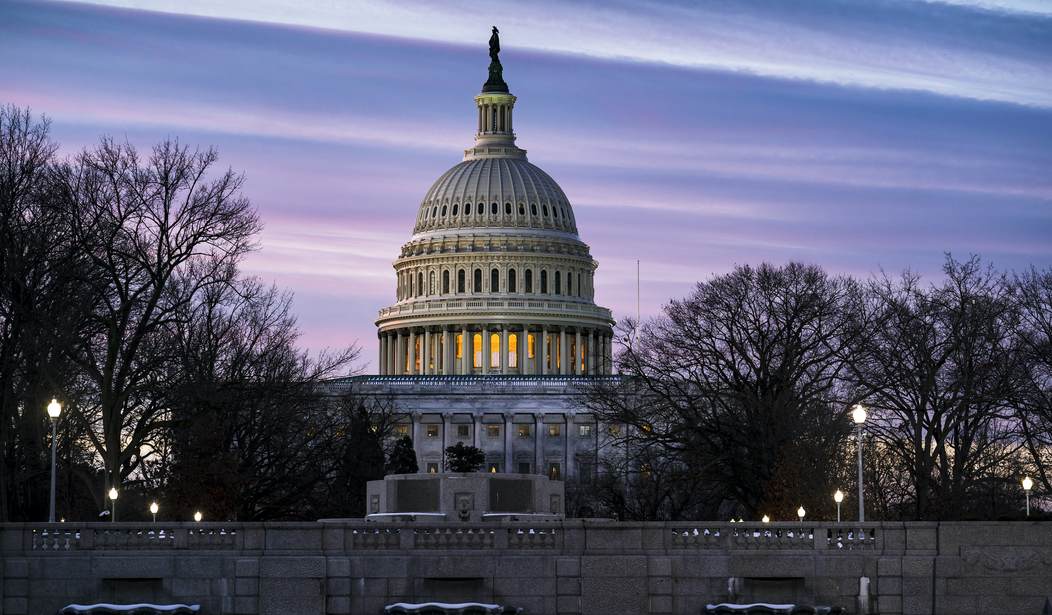Democrats are upset when a Republican who did not win the popular vote is elected president by virtue of winning at least 270 electoral votes. This happened most recently in 2000 and 2016. I would be upset if the tables were turned.
Nevertheless, the need for the Electoral College is often misunderstood. Volumes have been written about the process. An easy way to understand it involves reviewing the results of baseball’s 1960 World Series – yes, you read this correctly.
Power Unlimited
In the 1960 World Series, the New York Yankees had sluggers such as Mickey Mantle, Roger Maris, Yogi Berra, Hector Lopez, Tony Kubek, and Bill Skowron. They established an American League home run record that year: 193. The Yankees also had a tremendous pitching staff led by future hall-of-famer Whitey Ford.
Their Series opponent was the Pittsburgh Pirates, a worthy National League challenger, but nowhere near the reputation and raw power of the Yankees. As such, the Pirates were huge underdogs against the dynamic, legendary Yankees who had captured 16 World Series titles up until 1960.
In game one, the Pirates won a squeaker, 6-4. The next day the Yankees clobbered them 16-3. In game three, the Yankees continued their batting prowess, pounding the Pirates 10-0. Fortunately for the Pirates, game four was not a slugfest and they won 3-2. They also prevailed in game five by a score of 5-2. The Yankees, however, couldn't be held down. In game six, they pulverized the Pirates 12-0.
So, the World Series came down to game seven, having been tied 3-3 over the first six games. At that point, the Yankees had outscored the Pirates 46-17; in baseball terms, an incredible gap in run production. If total runs, rather than winning four games, determined the World Series winner, the Pirates would have to outscore the Yankees by 29 runs in the next game, which would never happen.
Recommended
Shock and Awe
In the seventh and deciding game, Bill Mazeroski, a second baseman not known for power at the plate, led off and hit a home run in the bottom of the ninth inning to give the Pirates a 10-9 victory over the Yankees.
Sport writers consider that this World Series was among the wildest in baseball history. Through all seven games, the Yankees outscored the Pirates 55-27, more than double the runs. And, the most valuable player for the World Series was actually on the Yankees, the losing team.
Why bother reviewing the scores of each of these games? What has this got to do with presidential elections? Good questions. Should the Yankees be crowned the 1960 World Series champs because they massively outscored the Pirates? Or are the Pirates the true victors because they won four games, required to be the World Series champs? You know the answer, it's the Pirates.
It would be a travesty of baseball if the team that collectively scored the most runs was declared the winner, regardless of how many games they actually won. So it is with the Electoral College.
Individual Contests
Each state represents an individual contest. Whoever wins the popular votes in 48 states wins all the electoral votes in that state. Nebraska and Maine have been the exceptions, employing the “Congressional District Method” which allows for proportional Electoral College voting.
Critics of the Electoral College ask, “why not revert to an aggregate, nationwide popular vote election?” California, Illinois, New York and other large population states would dominate elections forevermore. People in Alaska, Montana, Nebraska, New Mexico, Alabama, Delaware, West Virginia, Maine, and other small population states would be disenfranchised. Their votes simply wouldn't count.
Abandoning the Electoral College would be like saying to people from small states, “You might as well not vote. Your vote is not going to matter.” This wouldn't be true for merely one election. It likely would be true for election after election into the future.
Each (Legal) Vote Matters
By maintaining the Electoral College, as the Founding Fathers established it, everybody's vote (ideally) counts. People from across the United States, and in the U.S. territories where they can vote, all have a vested interest in casting their votes.
So, the Electoral College yesterday, the Electoral College today, and the Electoral College forevermore.

























Join the conversation as a VIP Member